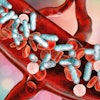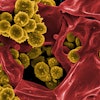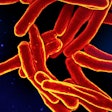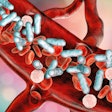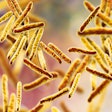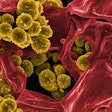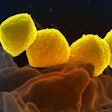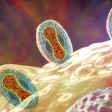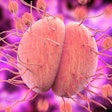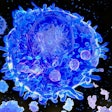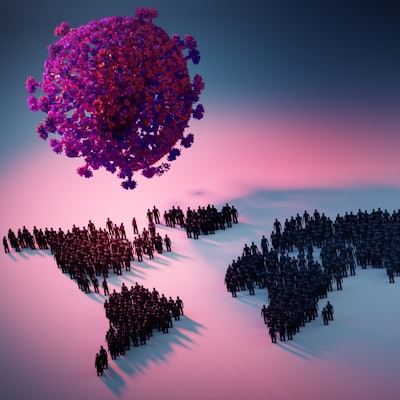
The World Health Organization (WHO) has published a report expressing caution about the value of antibody tests for the novel coronavirus and stating that evidence for immunity after exposure is lacking.
The organization expressed its views on antibody testing in a scientific brief published on April 24. It noted that some governments are looking to use antibody tests to prove immunity, so-called 'immunity passports,' enabling citizens to return to work and for economies to reopen. However, there is no evidence that people who have recovered from COVID-19 and have antibodies are protected from getting infected a second time, the WHO stated. Studies indicate that people do have antibodies after recovering from infection, but some "have very low levels of neutralizing antibodies in their blood, suggesting that cellular immunity may also be critical for recovery."
"As of 24 April 2020, no study has evaluated whether the presence of antibodies to SARS-CoV-2 confers immunity to subsequent infection by this virus in humans," WHO wrote.
The WHO also flagged risks associated with inaccurate antibody tests, including false negatives and false positives, both of which have serious consequences, and raised questions about whether the tests can discriminate between antibodies to different kinds of coronaviruses. On Twitter, the organization clarified that it expects most people who are infected with COVID-19 will develop an antibody response that provides some level of protection, but the level and length of time of that protection is unknown.
Earlier today we tweeted about a new WHO scientific brief on "immunity passports". The thread caused some concern & we would like to clarify:
— World Health Organization (WHO) (@WHO) April 25, 2020
We expect that most people who are infected with #COVID19 will develop an antibody response that will provide some level of protection. pic.twitter.com/AmxvQQLTjM
As of April 26, more than 2.9 million cases had been confirmed worldwide, with more than 190,000 deaths, according to the WHO's latest situation report on the novel coronavirus.

